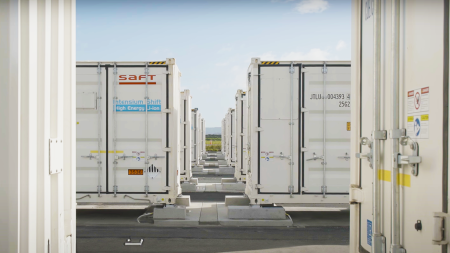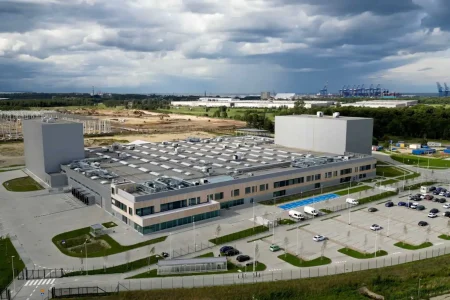Researchers at Georgia Institute of Technology and Georgia Tech Research Institute (GTRI) have created a new water-splitting process and material that maximizes the efficiency with which green hydrogen is produced.
Researchers at Georgia Tech have found that hydrogen is essential for the world’s most important industrial sectors to meet their net-zero emission targets. In the future, green hydrogen could take the place of fossil fuels like natural gas and coal as a means of storing excess renewable electricity at the grid level because it produces no carbon emissions. Using electricity to split water into hydrogen and oxygen is the primary focus of their research.
The electrocatalyst of green hydrogen produced by the Georgia Tech team is expected to be less expensive and more durable thanks to the use of hybrid materials. Platinum and iridium, the preferred catalysts for large-scale electrolysis hydrogen production, are used today because they are expensive noble metal components. A lack of affordable and readily available hydrogen has slowed progress toward a hydrogen-based energy source. According to market research firm Wood Mackenzie, green hydrogen accounted for less than 1% of annual hydrogen production in 2020 because of this cost.
Research partner, the Korea Institute of Energy Research, provided computation and modeling, while Kyungpook National University and Oregon State University used the country’s synchrotron, a football field-sized super x-ray, for X-ray measurements.
Additionally, the researchers have improved their ability to control the shape of the catalysts and the metal-metal interactions in addition to creating hybrid catalysts. Since the catalyst accounts for a significant portion of the equipment cost, it was critical to reduce its usage while also increasing its durability.
The shape of the catalyst was found to play a significant role in the production of hydrogen. While fuel cell electric vehicles are currently only available in California and microgrids are a new community approach to designing and operating electric grids that rely on renewable-driven backup power, these are two of the first applications that will benefit.








